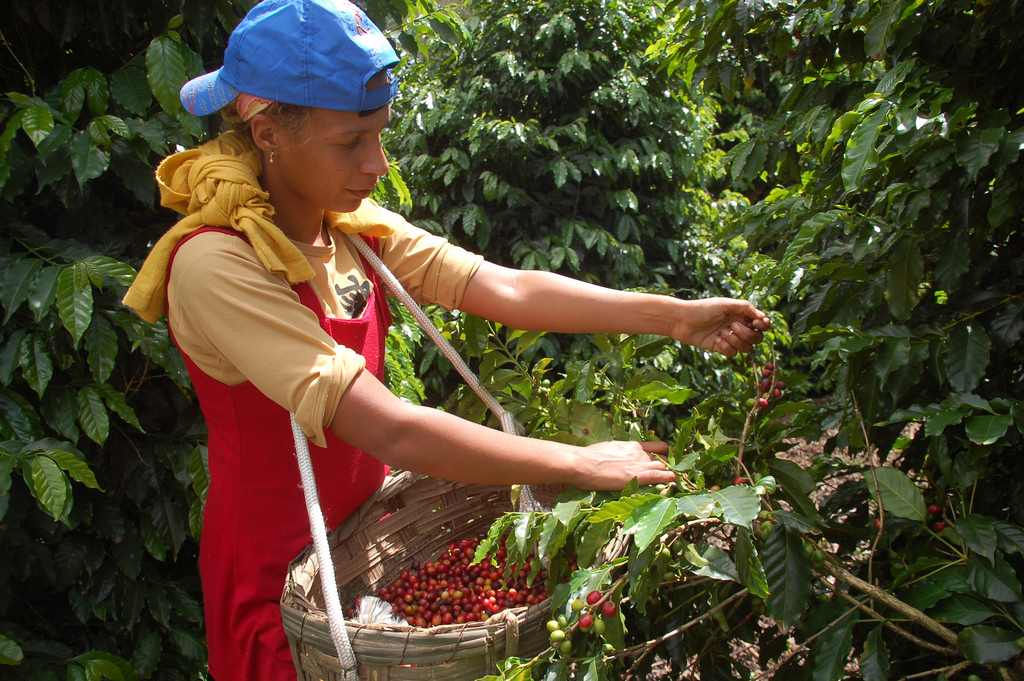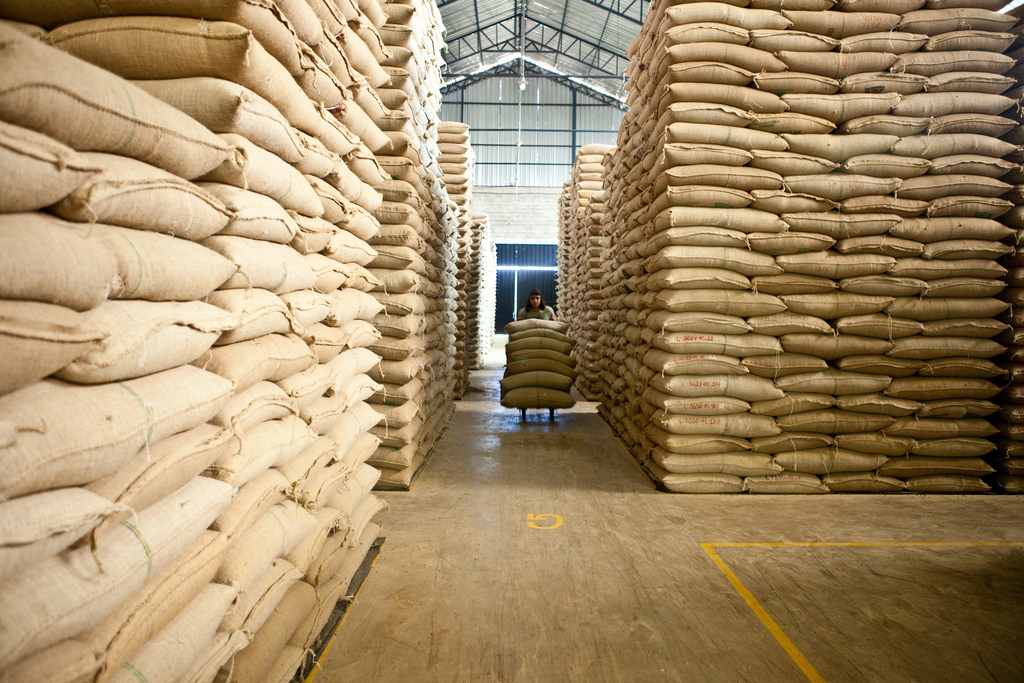Although coffee is an old commodity in Brazil, over the last 10-12 years, the country has showcased its very best coffee and it is only in the last 7-8 years that coffee in the Carmo de Minas municipality has been particularly noted.
Carmo is one village among twenty in the Mantiqueira region, south of the Minas Gerais county, in Sul de Minas. In the same way that Burgundy is an important name in the French world of wine, Carmo de Minas has become a destination in the Brazilian coffee world. Some of its distinction can be attributed to topographic and climatic conditions, but as always, there are people engaged in farms - from picking coffee cherries to processing, which are crucial to the quality of the product. People are the difference!
Although many of the farms in this area have won awards and garnered attention in recent years, there has not really been radical changes in farming and processing methods. Not even in terms of picking. I dare say that the area has achieved its status with a little luck, good growing conditions, good plant material - mostly Bourbon - but otherwise quite ordinary craft. However, good coffee has come out of all this and as a result, Carmo has experienced a "clean sweep" in Cup of Excellence competitions. But the quality can be even better and the amount of the best coffee can be increased. More on that, but first a little aside.
Over the past decade, Brazil as a nation has experienced fantastic economic growth in every field, with higher purchasing power and an ever-increasing standard of living. At least 20 million people have risen over the poverty-line and the middle-class has grown by 40 million in, relatively, few years. The value of labor has also increased; Brazil now has full employment and rising wages. All of this naturally affects the cost of coffee production in general, but it especially affects labor-intensive coffee (read: new processing methods with even higher costs). In some cases it is difficult to find labor at all, especially for farm work. Incentives must be strengthened in order to keep people at work within coffee! As the world's largest producer of coffee, Brazilian coffee is the main component in blends all over the world and the price is a reflection of the fact that coffee from here is considered a base product. In parallel with fluctuations in world markets and in the pricing of coffee in general, the specialty coffee segment has established its own price dynamics.
We want quality coffee. People notice differences in quality and the best must be paid for accordingly. Price according to quality will allow for further differentiation in price in the coming years. Brazil's macroeconomic situation will not change for the worse, rather the contrary.
Jacques Pereira Carneiro represents the new generation in Carmo. Together with cousin Luis Paulo (who currently is president of Brazil Specialty Coffee Association (BSCA)), he runs the coffee export firm Carmo Coffees. The boys are 5th generation coffee farmers and oversee 12 farms, with 6 processing stations - altogether known as the Pereira family. They are members of the cooperative Coca Rive which offers members courses on taste evaluation, distribution of fertilizer and storage facilities. Coca Rive has 400 members and is the smallest of the smallest cooperatives in the Carmo region, with its 8000 coffee farms. Previously Coca Rive worked almost exclusively with commercial coffee in this area and a few years ago it was a challenge to fill even one container (300 bags) of specialty coffee. Last year Carmo Coffees sold 150 containers of coffee over 80-points. We expect true specialty coffee from 86-points but know that this proportion is also increasing.
Carmo's reputation is so well established that there is an ever-increasing demand for more coffee of this quality. But quality coffee does not just happen. Carmo Coffees works to provide coffee from farms outside the family's and from other districts. Pedralva, for example, is just a few miles from Carmo de Minas and many of the farms here are good, with altitudes up to 1400 meters above sea level. The work now is for a few farmers to push the idea of working a little differently to achieve better quality. With higher prices in the specialty coffee segment comes the motivation to do better than before. According to Jacques, this change can be facilitated, but the first challenge is to pick a technique. On top of this are the added associated costs. Historically, the picking technique has been picking the coffee bush clean (stripping) during one picking and one harvesting season. Most people do this and even use partially mechanized equipment to do the job, which is more time-effective. But to get the sweetest coffee, you have to pick the sweetest, ripest cherries.
Minimum wage has increased to about $500 per month and although this is a low salary on any scale, these wages mean that the work of selective hand-picking coffee cherries represents up to 2/3 of the total cost of coffee production, even when coffee is sold at a 100% premium over commodity coffee.
Season 2012
The rain that has fallen in the ripening season has led to production that, as a whole, will be somewhat less for 2012 than in 2011. But first and foremost, this is a problem for the best coffee: there is significantly less of it.
Many areas are now being harvested in one picking that is not selective nor 100% mature, either because the cherries ripened at once, or because there is so little crop that it does not make sense to go out and pick several times. Despite this, the best coffee in Carmo is hand-picked. The first picking started in May.
Grandma "Vovo" - matriarch of the Carneiro family - is always out when the season's first harvest is initiated. Because there is often a difference between the degree of maturation of the cherries early in the season, the first pick has to be particularly selective. For botanical reasons, Bourbon ripens first and often the best cherries come from just the first picking. Other species in Carmo include Catuai, Acaia, Catucaí and Icatu.
Tasting sessions, to date, confirm that we should maintain relations with the Sao Benedito farm, which produces Sweet Bourbon coffee, both red and yellow varieties. We will also buy from several other farms in Pereira-Carneiro family including Sertao and Santa Ines, both of which are frequent Cup of Excellence winners. We're likely to take in some selections of natural-processed coffee as well, because we have secured some of the best so far this season: Red Bourbon from a plot on Sertao, with 100-year-old bush-material, very selectively picked and dried to perfection (it's not always easy to estimate how a processing of a batch of naturals will end).
Finally, we will continue the search for new coffee from skilled farmers in Pedralva and other surrounding areas.








